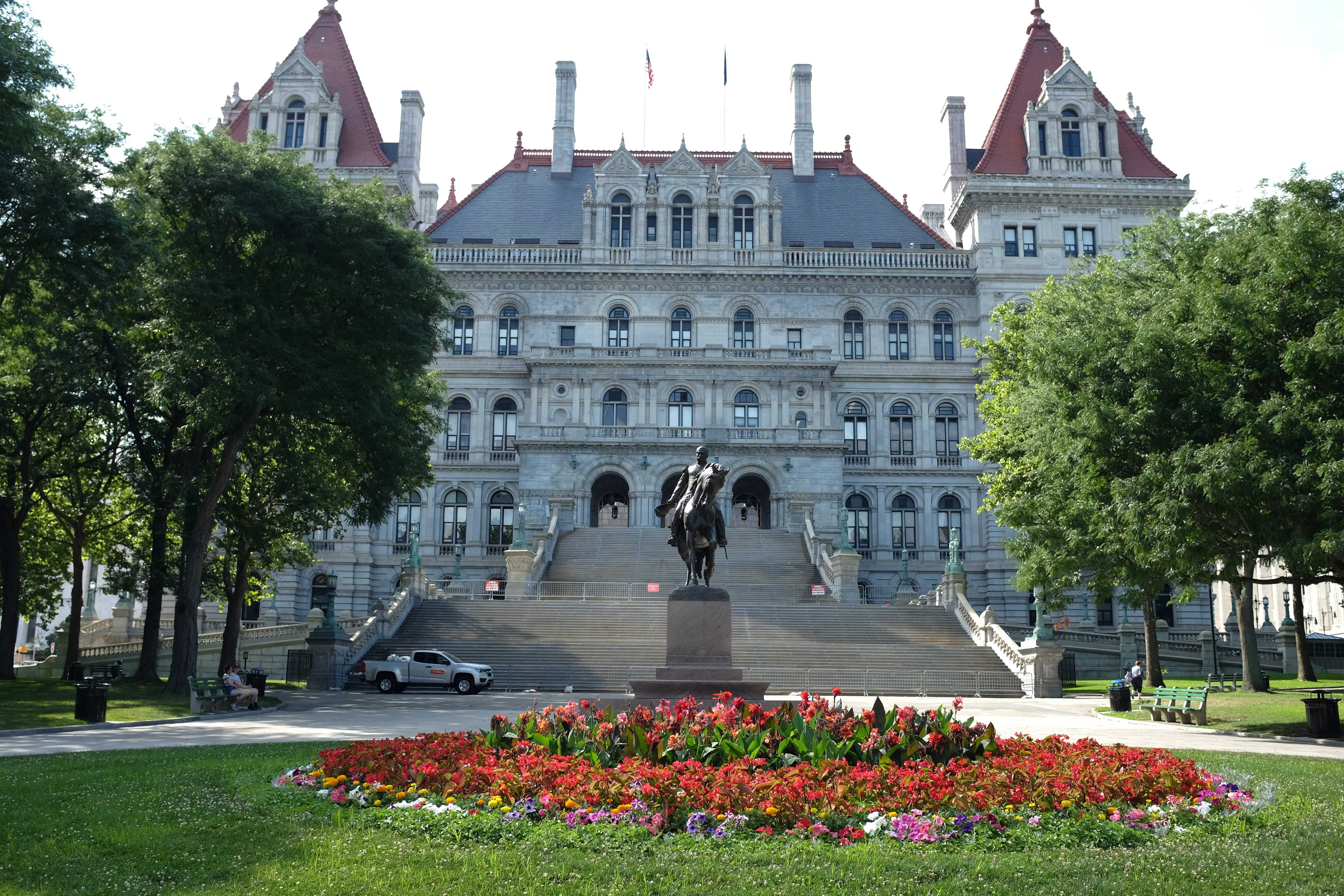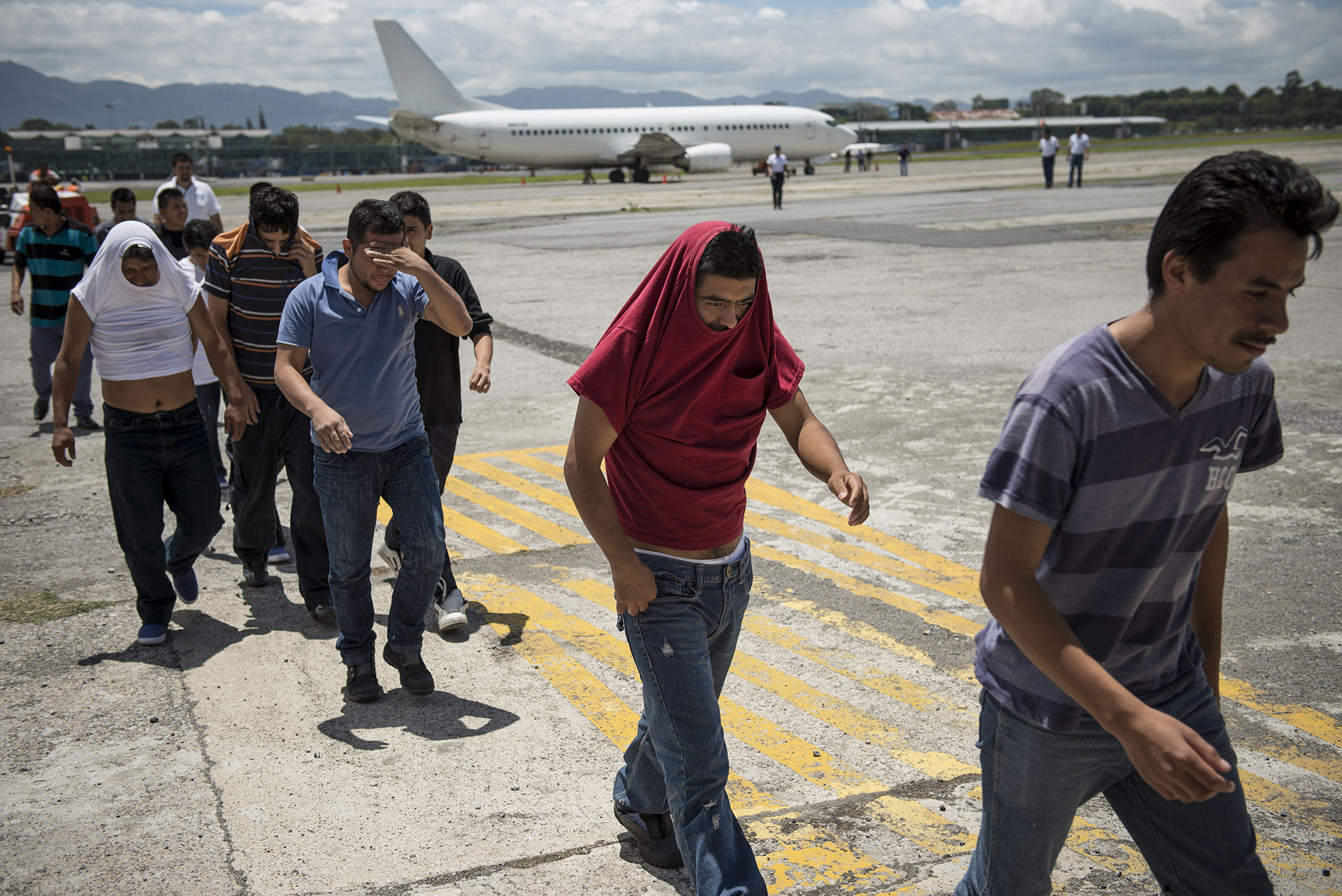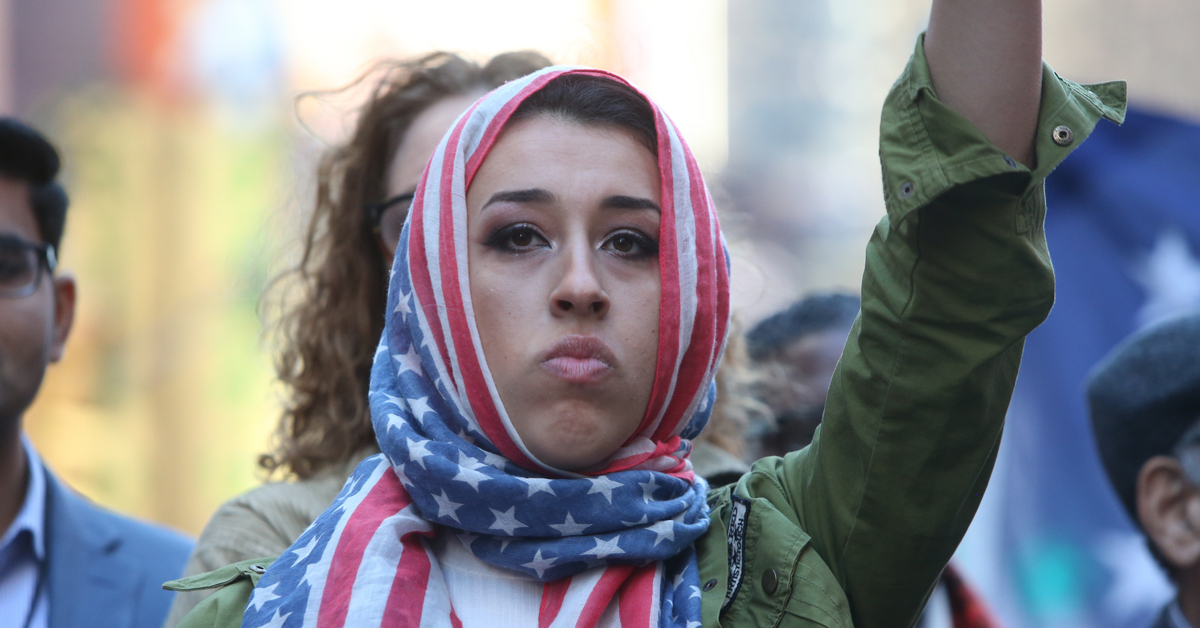As New York’s legislative session came to a close last Friday, several pro-labor bills passed both the Assembly and the Senate to great fanfare from supporters. Still, several other pro-labor bills were forced to languish until lawmakers reconvene next year. Here’s a brief rundown of what passed and was left behind.
Retail workers win safer workplaces
Despite the age-old adage that the customer is always right, working in the retail industry has never been more dangerous. Over the past few years, retail workers have experienced an increase in violence by customers. FBI data shows that assaults in grocery stores have risen by 63% from 2018 to 2020. Convenience stores have seen a 75% increase in violence. Of the 62 active shooter incidents in 2021, more than half of them have occurred in retail locations.
Noticing the trend, the Retail, Wholesale, and Department Store Union (RWDSU) conducted their own survey among their members to gauge how safe they found their workplace. The results were sobering. The vast majority of their membership, 80%, said that they feared the possibility of an active shooter coming into their workplace. About two-thirds of respondents stated that they experienced verbal abuse or intimidating behavior from a customer, co-worker, or manager within the last year.
Responding to their membership’s concerns, RWDSU was one of the main supporters of the Retail Worker Safety Act (S8358B/A8947C). Sponsored by State Senator Jessica Ramos and Assemblymember Karines Reyes, the bill would require corporate retail employers to adopt a violence prevention plan and train workers in de-escalation tactics. Large employers would also be required to install panic buttons throughout the workplace in case of an emergency.
“Throughout this campaign, we have heard deeply troubling workers’ stories from all over the state — stories of violent crimes, senseless shootings, and harassment,” said RWDSU President Stuart Appelbaum in a statement. “Workers in retail stores in New York should never have to experience anything like this. One thing is for certain, however: employers can and should do more to protect their employees.”
Despite major opposition from mega retail chains like Walmart, the legislation passed both the Assembly and the Senate. The bill is currently awaiting the governor’s signature who is required to sign or veto it within 10 days.
New York state commits to reducing warehouse worker injury rate
The state’s warehouse industry has been booming, growing by 324% between 2015 and 2020. But with that growth has come an increase in workplace injuries. Warehouse workers are more likely to be hurt on the job than workers in any other industry in the state. A 2020 report found that 1 in 11 warehouse workers in the state required medical care because of a workplace injury. Another report in 2022 found that in Amazon’s New York warehouses, injury rates rose by 64% since 2021.
Also Read: NYS Department of Labor Fails to Recover $79 Million in Stolen Wages
In January, Senator Ramos and Assemblymember Harry Bronson sponsored/introduced the Warehouse Worker Injury Reduction Act (S508 /A8907) to reduce workplace injuries by requiring warehouse employers to implement an injury reduction plan that identifies and minimizes hazards at the workplace. The law also requires that the injury reduction plan undergo annual evaluations outside safety experts. Employers would be forced to provide safety training to all employees and provide an on-site medical office or first aid station to be staffed with medical professionals.
The bill is currently awaiting the governor’s signature who is required to sign or veto it within 10 days.
Fashion workers win first in the nation labor protections
The Fashion Workers Act (S2477A/A5631B) has finally made its way to the governor’s desk after first being introduced by Senator Brad Hoylman-Sigal and Assembly Member Karines Reyes three years ago.
The state’s fashion industry employs 180,000 New Yorkers, accounting for 6% of the city’s workforce and generating $10.9 billion in total wages. Despite New York being the center of the $2.5 trillion global fashion industry, the New York State General Business Law currently classifies modeling and creative agencies as management companies, allowing them to escape licensing and labor regulation requirements.
Model agencies can exert an enormous amount of control over models’ image and finances. Fashion workers such as models, many of whom are immigrant workers, are also not afforded basic labor protections.
The new law now creates basic protections for fashion workers such as forcing the agencies to pay models within 45 days of completing a job as well as provide models with copies of contracts and agreements. The law also establishes a zero-tolerance policy when it comes to harrassment within the fashion industry.
“The Fashion Workers Act validates the basic premise that models are workers, deserving of the same rights and protections as anyone else who works for a living, not fewer,” said Sara Ziff, executive director of the Model Alliance, in a statement shared with Documented. “This is a major leap forward for the fashion industry, which since its inception, has been an absolute backwater for workers’ rights, camouflaged by glamor and rife with a range of abuses considered the price of admission.”
Workers go another year without earning a living wage
New York’s minimum wage law will continue to be separate and unequal. Currently, the minimum wage for workers living in New York City, Westchester County, and Long Island sits at $16 an hour. Workers in the rest of the Empire State earn a minimum wage of $15 per hour.
The Upstate Parity and Minimum Wage Protection Act (S8154/A9093), sponsored by Assemblymember Bronson and Senator Ramos was meant to rectify that imbalance by establishing a statewide minimum wage starting at $17 an hour. It would have also raised the minimum wage annually by a percentage based on inflation. However, the bill never left the Senate Labor Committee.
Workers will continue to endure extreme heat
Over the next 15 years, New York City is expected to suffer through hotter summers, with average temperatures rising by 2 and 4.7 degrees. Heat-related emergency room visits are on the rise with an estimated 450 people annually seeking medical care. Those hazards only grow for workers. A report from the New York State Insurance Fund found that when temperatures exceed 80 degrees, workers are more likely to succumb to severe injuries and workers are more likely to file a workers’ compensation claim.
Because there is a lack of official heat-related safety guidelines from government agencies, including the Federal Occupational Safety and Health Administration (OSHA) and the Temperature Extreme Mitigation Program (T.E.M.P), Senator Ramos and Assembly Member Latoya Joyner introduced S1604/A3321 to fill the void. With support from a coalition of labor unions and environmental organizations, such as the Teamsters and WE ACT for Environmental Justice, the bill aims to create a statewide workplace standard on heat and cold that will protect workers in a wide range of industries such as agriculture, construction, landscaping, delivery, and food service.
If passed, the bill would require employers to provide at least 1 quart of water per hour per employee; at least 10 minutes in the shade for every two hours of work for employees working outdoors, and at least 10 minutes in a cool breakroom for indoor employees when the outdoor temperature exceeds 85 degrees. Employers would also be required to provide workers with an unrestricted supply of personal protective equipment such as fans, ice vests, sunscreen and hats.
The law would also require that employers create and maintain a Workplace Heat Stress Plan. Whistleblower protections are also enshrined in the law to protect workers from retaliatory action if they report that their employers are failing to comply with the law.
Although the bill passed the labor committee in both the Senate and Assembly, despite the law’s broad coalition of supporters, the bill was referred to the Senate finance committee and the ways and means committee in the Assembly. It did not make it to a floor vote.
Nail salon workers won’t gain new workplace rights
With nail salon workers continuing to suffer from debilitating reproductive health issues, many hoped that the state would pass the Nail Salon Minimum Standards Council Act. They will have to wait until the next legislative session. Introduced by Assemblymember Bronson and Senator Ramos, the bill hopes to create two new regulatory bodies for establishing new nail salon standards across the state.
Also Read: Nail Salon Workers’ Reproductive Health Crisis Exposed in New Report
The first body will be a permanent industry council composed of workers, employers, and public representatives who convene to recommend new minimum workplace standards for nail salons statewide. They will work in conjunction with the New York State Department of Labor to shape new labor policies for the industry.
The second body addresses the low prices in the industry. The bill will establish an independent committee of economic experts that will be convened by the Commissioner of Labor to create a new minimum pricing model for nail services in New York.
补偿终止但盗窃不止!纽约近9千起粮食券被盗案难获赔
If passed, the bill will help address the poor working conditions that are prevalent in the nail salon industry, yet, like the previously mentioned legislation, the bill has never left committee.
In a statement shared with Documented, Goma Yonzon Gurung, a nail salon worker and leader of the NY Healthy Nail Salons Coalition, expressed her disappointment in the failure of the bill to pass.
“Governor Kathy Hochul and our state’s legislative leaders, Andrea Stewart-Cousins and Carl Heastie failed to take action this session on crucial legislation that would protect tens of thousands of nail salon workers like us,” she said. “Low-wage immigrant women of color from Latin American and Asian countries are the backbone of a poorly regulated nail salon industry that continues to expand rapidly throughout the state.”
Correction June 13, 2023: An earlier version of this story misstated that S1604/A3321 had never left the Senate Labor Committee when it was, in fact, referred to the Senate finance committee and the ways and means committee in the Assembly. It did not make it to a floor vote. We apologize for the error.















